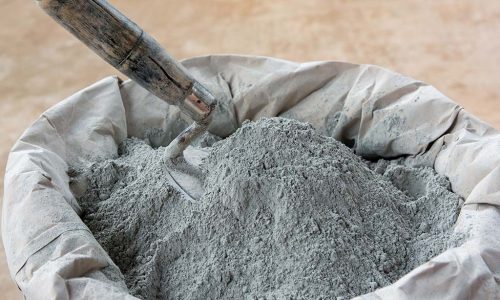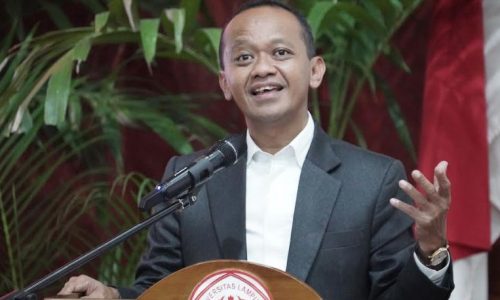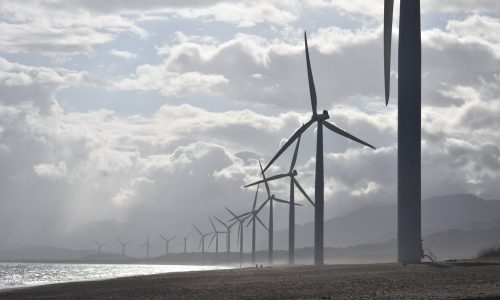The Chairman of the European Parliament’s Committee on International Trade (INTA) Bernd Lange claimed that the EU Deforestation Regulation (EUDR) was not particularly intended for certain countries, but also applies to European producers.
“The purpose of the regulation is to stop deforestation because we need forests to fight climate change,” Lange said in an interview with several medias in Jakarta on Tuesday (20/6).
The EUDR mandates every exporter to provide due diligence and verification documents to ensure that their products did not came from deforested areas.
Exporters who are caught doing so will be subjected to a fine as many as 4% of their revenue in EU territory.
Commodities affected
Commodities subject to the EUDR are palm oil and its derivative products, charcoal, coffee, cacao, beef, and wood. In addition, rubber, paper, leather, and its derivative product are also subject to the EUDR.
“With the regulation, we will have a new instrument that can be used to manage business and development by paying attention to environmental and sustainability aspects,” Lange said.
Vice President of the European Parliament Heidi Hautala, hoped that the EUDR can lead to new cooperation between the EU and Indonesia in relation to sustainable palm oil production.
Opposing views
Previously, Indonesia and Malaysia, both the largest producer of palm oil in the world, rejected the issuance of the EUDR, which considered to be discriminative.
Indonesian Coordinating Minister for Economic Affairs Airlangga Hartarto stated that the implementation of the EUDR affects plantation and forest commodities, which are vital for Indonesia such as cacao, coffee, rubber, wood products, and palm oil.
The policy is also said to negate various efforts conducted by Indonesia in relation to climate change and protection of biodiversity as stated in multilateral conventions such as the Paris Agreement 2015.
Airlangga also stated that countries who are member of the CPOPC (Council of Palm Oil Producing Countries) have implemented various policies on forest conservation.
“Moreover, deforestation level in Indonesia has decreased by 75 percent in the 2019 to 2020 period. Indonesia had also succeeded in reducing areas affected by forest fires by 91.84 percent,” Airlangga said.










